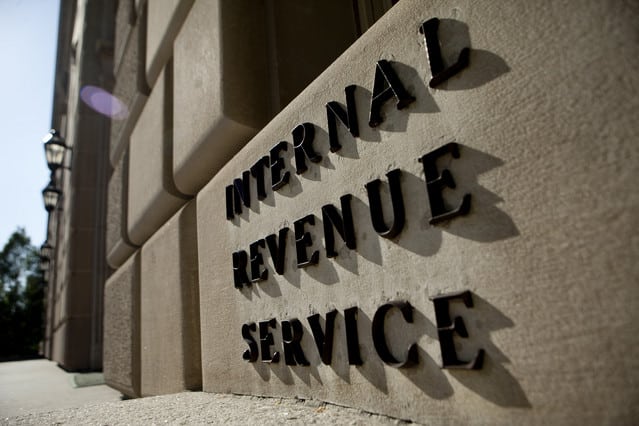The Internal Revenue Service (IRS) has issued a warning to taxpayers about fraudulent schemes related to the COVID-19 (coronavirus) outbreak. The IRS urged those more vulnerable to scams, such as the elderly, to take extra precautions.
“We urge people to take extra care during this period. The IRS isn’t going to call you asking to verify or provide your financial information so you can get an economic impact payment or your refund faster,” said IRS Commissioner Chuck Rettig. “That also applies to surprise emails that appear to be coming from the IRS. Remember, don’t open them or click on attachments or links. Go to IRS.gov for the most up-to-date information.”
The IRS warned taxpayers that coronavirus fraudsters might:
- “Emphasize the words ‘Stimulus Check’ or ‘Stimulus Payment.’ The official term is economic impact payment;
- Ask the taxpayer to sign over their economic impact payment check to them;
- Ask by phone, email, text or social media for verification of personal and/or banking information saying that the information is needed to receive or speed up their economic impact payment;
- Suggest that they can get a tax refund or economic impact payment faster by working on the taxpayer’s behalf. This scam could be conducted by social media or even in person;
- Mail the taxpayer a bogus check, perhaps in an odd amount, then tell the taxpayer to call a number or verify information online in order to cash it.
Taxpayers are encouraged not to engage potential scammers online or on the phone, but instead, they should report potential coronavirus frauds. Learn more about reporting suspected scams by going to the Report Phishing and Online Scams page on IRS.gov.
Official IRS information about the COVID-19 pandemic and economic impact payments is on the Coronavirus Tax Relief page on IRS.gov. The page is updated quickly when new information is available.
